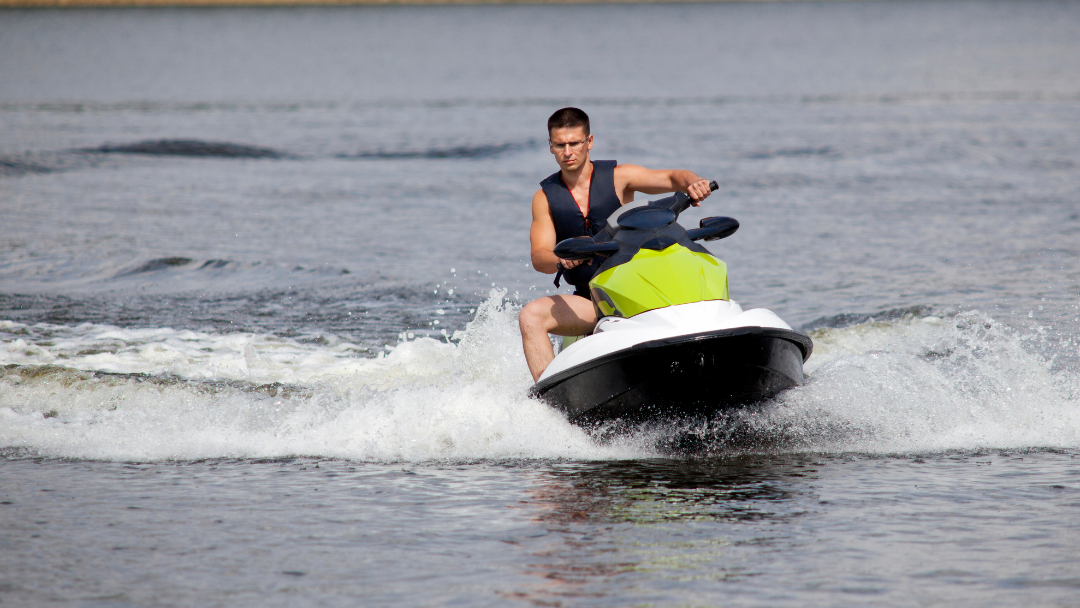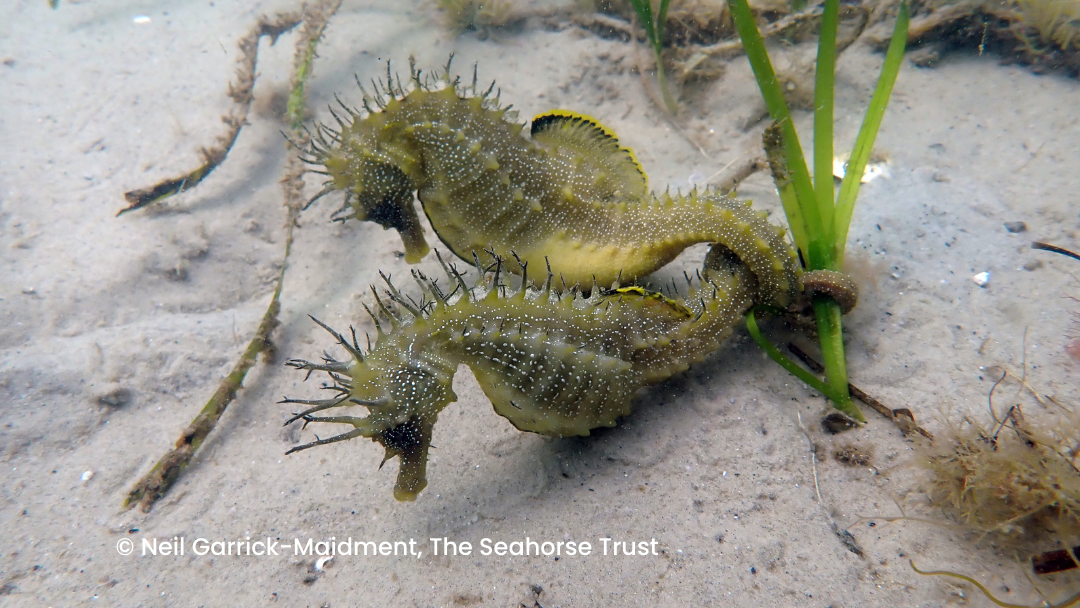Staying safe on the Dorset Coast
Dorset’s coastline is a much-loved destination for visitors seeking to explore its natural beauty.
To stay safe when visiting the coast visitors should be aware of potential risks to be able to make well-informed decisions to keep you and your loved ones as safe as possible.
The Jurassic Coast is constantly eroding. This erosion has created the beautiful coastline that we see today, but it’s important to remember that rock falls and landslides are part of this process. Although they are more likely to occur after heavy rainfall or storms, rock falls and landslides can happen at any time.
Here are our top tips to consider when planning activities for your coastal adventures.
#EnjoyTheCoast #RespectTheCoast #Dorset Coast

Walking
- Do not take unnecessary risks; stay away from cliff top edges and also the bases of cliffs – rock falls can happen at any time.
- Do not climb or walk over landslide or rock fall debris, especially after wet weather.
- Always pay attention to warning signs; they are there to advise you on how to stay safe.

Swimming
- Check the weather forecast and tides before you go.
- Choose a lifeguarded beach and swim between the red and yellow flags.
- Beware of steep, shelving beaches and large waves.
- Float to Live.
- Call 999 in an emergency.
>> RNLI beach safety information

BBQs and campfires
- BBQs and fires can damage countryside, harm people and wildlife.
- Choose not to use disposable BBQs.
- Keep Dorset safe – bring a picnic instead and take your rubbish home with you.
- Disposable BBQs and campfires are banned at high fire risk areas across Dorset.

Paddling
- Check the weather forecast and tides before you go.
- Avoid paddling in an offshore wind.
- Wear the right leash when stand up paddleboarding.
- Wear a personal floatation device.
- Tell others of your plans.
- Carry a phone in a waterproof case.

Personal Watercrafts
Personal watercrafts include jet skis and small motorised boats.
- Always wear a personal flotation device.
- Have a means of calling for help.
- Promote safe riding, get trained and ride responsibly.
- Always wear a kill cord.
Always remember
In case of an emergency on the coast dial 999 and ask for the Coastguard
Boating in Studland Bay

Recreational boaters visiting Studland Bay are being asked to help conserve its precious habitats. Seagrass beds in the bay are home to protected species including the Spiny seahorse.
In 2021 a voluntary no anchor zone was introduced at Studland Bay to help reduce damage to the seagrass from anchoring boats. Eco-moorings installed by the Studland Bay Marine Partnership are now available for boaters who are visiting the bay to use. These allow boaters to moor without dropping their anchors on the seagrass.
Important numbers
In a coastal emergency dial 999 and ask for Coastguard
- Police Emergency 999 or non-emergency 101
- Report an incident on line
Report an incident online
Check tide times, weather and sea conditions
Make sure you know what direction the water is moving in throughout the day. Check tide times, weather forecast and sea conditions before you leave home.
